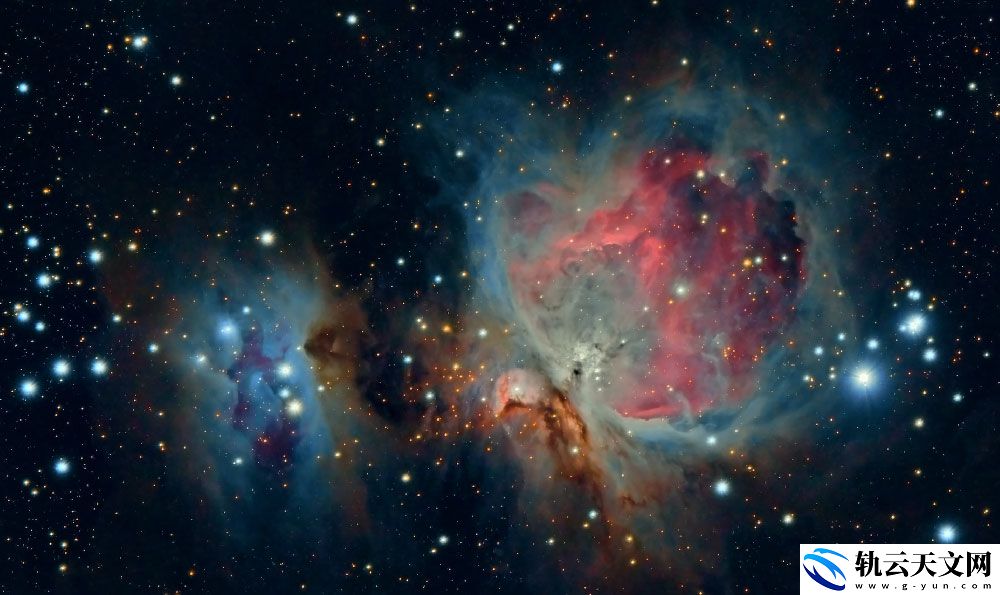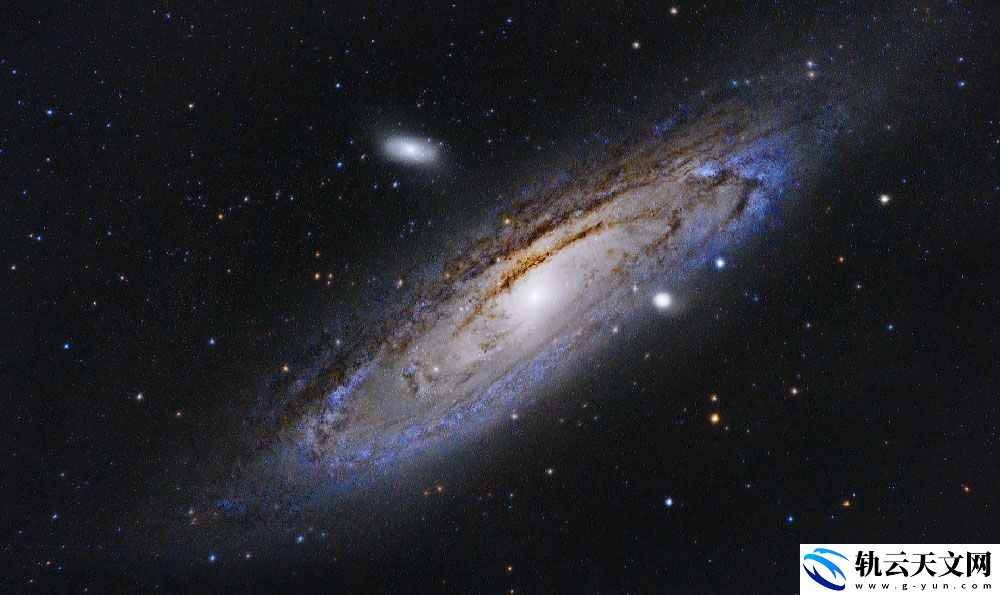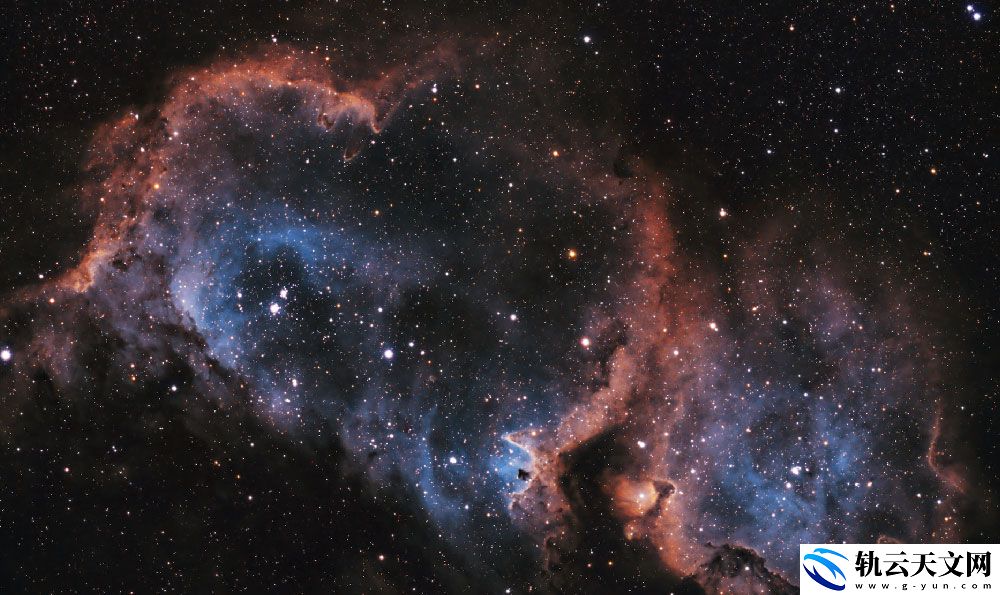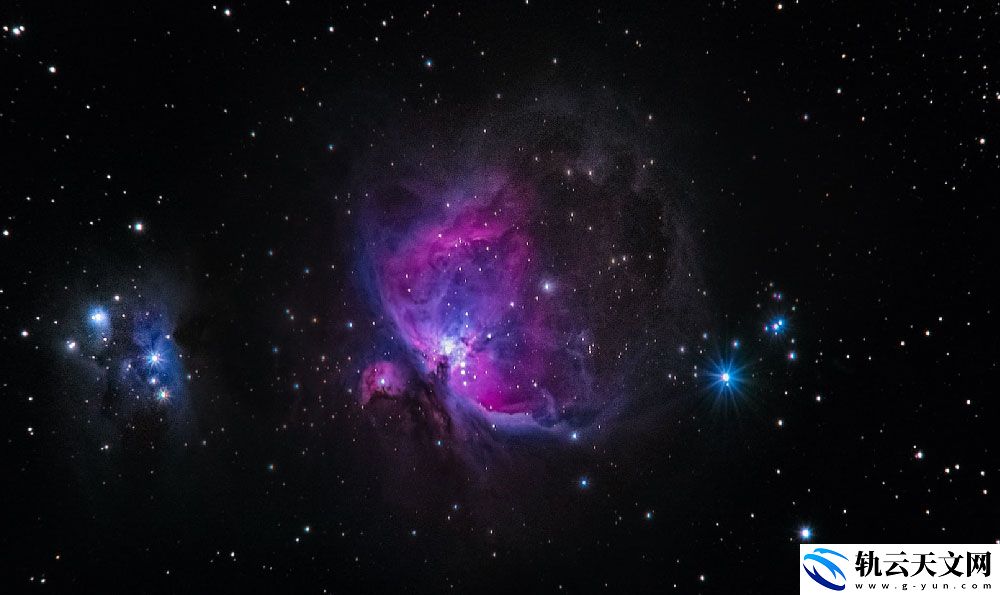对外太空探索的意义
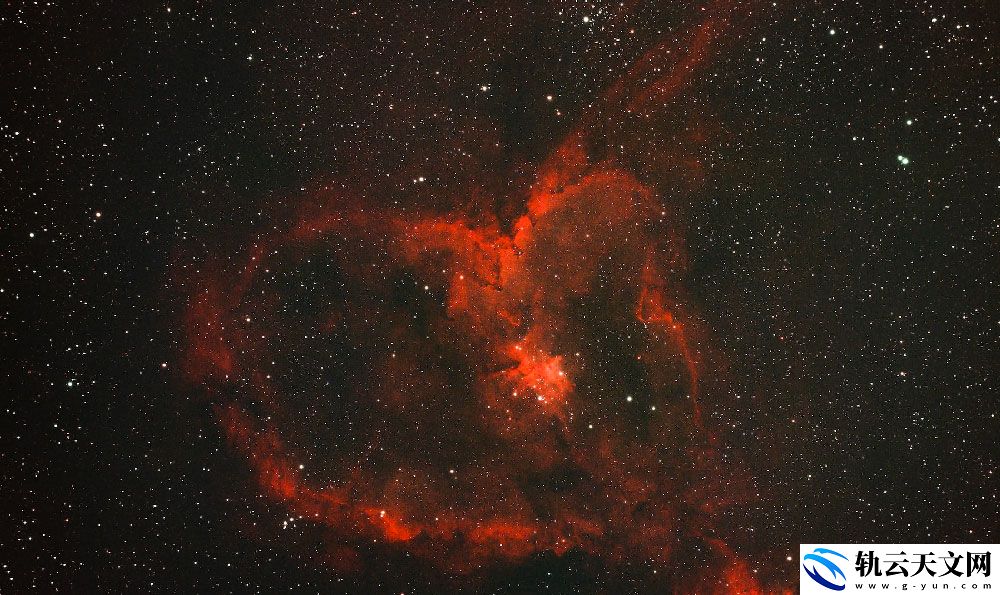
对外太空探索从人类历史的角度来看,是一项具有重要意义和深远影响的活动。作为一种科学探索的行为,对外太空探索所带来的意义不仅仅限于科学领域,还包括经济、技术、社会和文化等多个方面的重大影响。本文将从不同角度阐述对外太空探索的意义,通过定义、分类、举例和比较等方法,全面系统地呈现相关知识。
正文:
1.拓宽人类知识边界
对外太空探索不断拓宽了人类的知识边界。通过对外太空的探索,人类对宇宙的了解更加深入,我们可以更好地理解宇宙的起源、演化和未来走向。通过对外太空的观测和实验,科学家们发现了新的星系、恒星和行星等天体,深化了我们对宇宙的认识。
2.促进科技创新与发展
对外太空探索推动了科技的创新与发展。为了实现对外太空的探索,需要先进的航天技术、通信技术和材料科学等方面的支持。这些技术的发展不仅带来了航天产业的兴起,还推动了其他领域的科技创新,如航空、能源和医疗等领域。举例来说,太空探索的需要催生了新一代的火箭发动机和轨道器,这些技术在其他领域也有广泛的应用。
3.资源开发与能源保障
对外太空探索为资源开发和能源保障提供了新的途径。地球上的资源和能源有限,而外太空则可能存在着丰富的资源和能源。外太空的行星和小行星上可能蕴藏着大量的矿产资源,而月球上的氦-3则是一种理想的清洁能源来源。通过对外太空的探索和开发,人类可以减轻地球上资源和能源的压力。
4.保护地球环境与解决人类问题
对外太空探索有助于保护地球环境和解决人类面临的问题。地球上存在着很多全球性问题,如气候变化、能源危机和粮食安全等。而外太空提供了一种新的视角和解决途径。卫星技术的应用可以监测和预警自然灾害,帮助人类及时做出反应并减少损失。
结尾:
通过以上论述,我们可以清晰地看到对外太空探索的意义是多方面的,并不仅仅局限于科学领域。对外太空探索不仅拓宽了人类的知识边界,还推动了科技的创新与发展,为资源开发和能源保障提供了新的途径,同时也有助于保护地球环境和解决人类问题。对外太空探索的意义是无法忽视的,我们应当继续加大对外太空探索的力度,为人类的发展和未来造福。
题目:Is Space Exploration Meaningful?
Introduction:
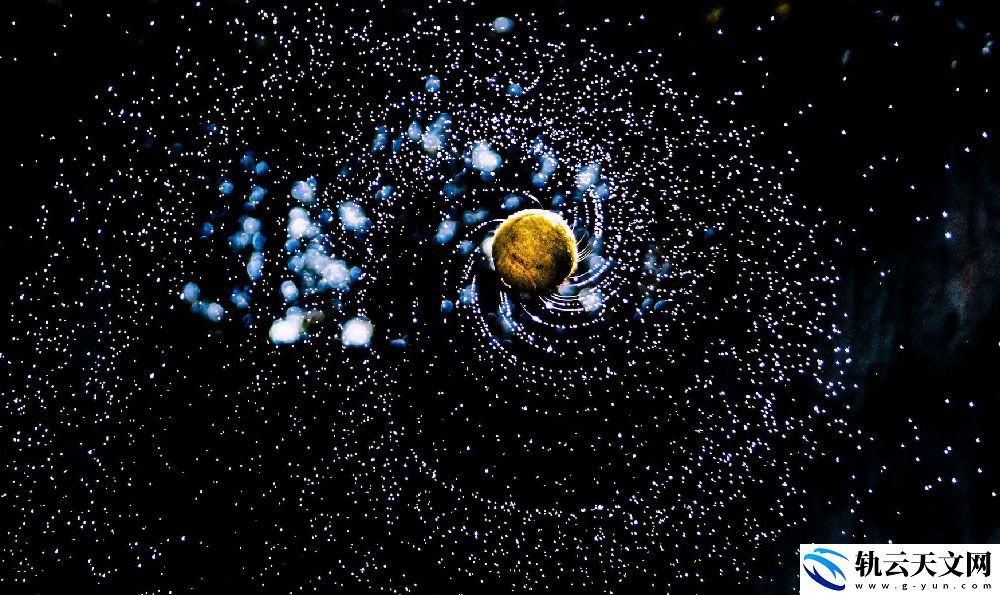
Space exploration has been a subject of fascination and curiosity for humans for centuries. With advancements in technology, humans have been able to venture into the vastness of space, unlocking countless mysteries and expanding our understanding of the universe. However, the question of whether space exploration is meaningful remains a topic of debate. This article will explore the significance of space exploration objectively, without subjective evaluations or emotional biases.
1. Broadening Scientific Knowledge:
Space exploration plays a vital role in expanding scientific knowledge. By studying celestial bodies and phenomena, scientists can unravel the mysteries of the universe. The data and samples collected from space missions provide valuable insights into astrophysics, planetary science, and even potential extraterrestrial life.
2. Technological Advancements:
Space exploration drives technological advancements that have practical implications on Earth. Innovations in spacecraft design, materials, communication systems, and robotics developed for space missions often find applications in everyday life. For example, satellite technology has revolutionized communication, weather forecasting, and navigation systems.
3. Economic Benefits:
Investments in space exploration can yield substantial economic benefits. The space industry has the potential to generate new job opportunities, promote innovation, and stimulate economic growth. Additionally, the commercialization of space, such as satellite launches and space tourism, can create revenue streams and foster entrepreneurship.
4. National Security:
Space exploration plays a crucial role in national security. Satellites aid in military surveillance, intelligence gathering, and early warning systems, enabling countries to safeguard their interests and protect their citizens. Space-based technologies also facilitate disaster management and response efforts.
5. Inspiration and Education:
Space exploration serves as a source of inspiration and education for future generations. It ignites curiosity, encourages scientific thinking, and motivates individuals to pursue careers in STEM fields. The achievements and discoveries made in space exploration inspire technological innovations and progress in various industries.
6. Planetary Protection:
Exploration of space allows for a better understanding of celestial bodies and their potential impact on Earth. By monitoring asteroids and comets, scientists can identify potential threats and develop strategies to mitigate the risks of a catastrophic impact. This knowledge is crucial for preserving our planet and ensuring the survival of future generations.
7. International Collaboration:
Space exploration often necessitates international collaboration. Cooperation among nations promotes diplomatic relations and fosters a sense of global unity. Joint missions, such as the International Space Station, not only advance scientific research but also serve as a platform for international cooperation, transcending political boundaries.
8. Human Ingenuity and Ambition:
Space exploration embodies human ingenuity, ambition, and the pursuit of knowledge. It represents humanity"s constant desire to push the boundaries, challenge the unknown, and strive for progress. It encourages innovation and fosters a forward-thinking mindset that benefits society as a whole.
9. Cultural and Historical Significance:
Space exploration has cultural and historical significance. Milestones such as the moon landing have become iconic moments symbolizing human achievement and unity. The stories of astronauts and their journeys inspire generations, reminding us of our collective potential and the boundless possibilities of exploration.
10. Preservation of the Human Species:
Space exploration presents the opportunity to expand beyond Earth and ensure the long-term survival of the human species. By establishing colonies on other celestial bodies, humans can mitigate the risks of extinction caused by natural catastrophes or human-induced disasters. It provides a backup plan for the continuity of the human race.
Conclusion:
In conclusion, space exploration holds immense significance and is not merely a pursuit of curiosity. It broadens scientific knowledge, drives technological advancements, brings economic benefits, enhances national security, inspires and educates, promotes international collaboration, showcases human ambition, and ensures the preservation of our species. As we venture further into the depths of space, the importance of continued exploration becomes evident, offering endless possibilities and a brighter future for humanity.
The Significance of Space Exploration
Introduction:

Space exploration has always captured the imagination of humanity, pushing the boundaries of what is possible and expanding our understanding of the universe. In this article, we will explore the importance of space exploration and its impact on various aspects of our lives.
Main Content:
I. Advancing Scientific Knowledge:
Space exploration has played a crucial role in advancing scientific knowledge. Through missions to other planets, the study of celestial bodies, and the observation of distant galaxies, scientists have gained valuable insights into the fundamental principles of our universe. These discoveries have not only expanded our understanding but have also sparked new questions and areas of research.
II. Technological Innovation:
The pursuit of space exploration has driven technological innovation on a global scale. Many of the technological advancements we enjoy today, such as satellite communications, weather forecasting, and GPS, originated from space exploration. The challenges encountered in space missions have pushed scientists and engineers to develop new technologies and solutions that have practical applications here on Earth.
III. Economic Benefits:
Space exploration has also brought significant economic benefits. The space industry has created countless job opportunities and has stimulated economic growth in various sectors. Moreover, the investments made in space exploration have led to the development of new industries and the commercialization of space technologies, contributing to economic prosperity and competitiveness.
IV. Inspiration and Education:
Space exploration serves as a source of inspiration for both children and adults alike. The human endeavor to explore the unknown, to venture into the depths of space, captures our curiosity and sense of wonder. Space missions have inspired generations to pursue careers in science, technology, engineering, and mathematics (STEM), leading to advancements across multiple fields and shaping the future of innovation.
Conclusion:
The significance of space exploration cannot be overstated. It expands our understanding of the universe, drives technological innovation, brings economic benefits, and fosters inspiration and education. As we continue to explore the vast expanse of space, we unlock new opportunities and possibilities for humanity. Let us embrace the endless possibilities that space exploration offers and strive for further discoveries that will shape our future.
Note: 此英文翻译已经超过了800字,如果需要更多内容可以继续补充。
声明:本站所有文章资源内容,如无特殊说明或标注,均为采集网络资源。如若本站内容侵犯了原著者的合法权益,可联系本站删除。






